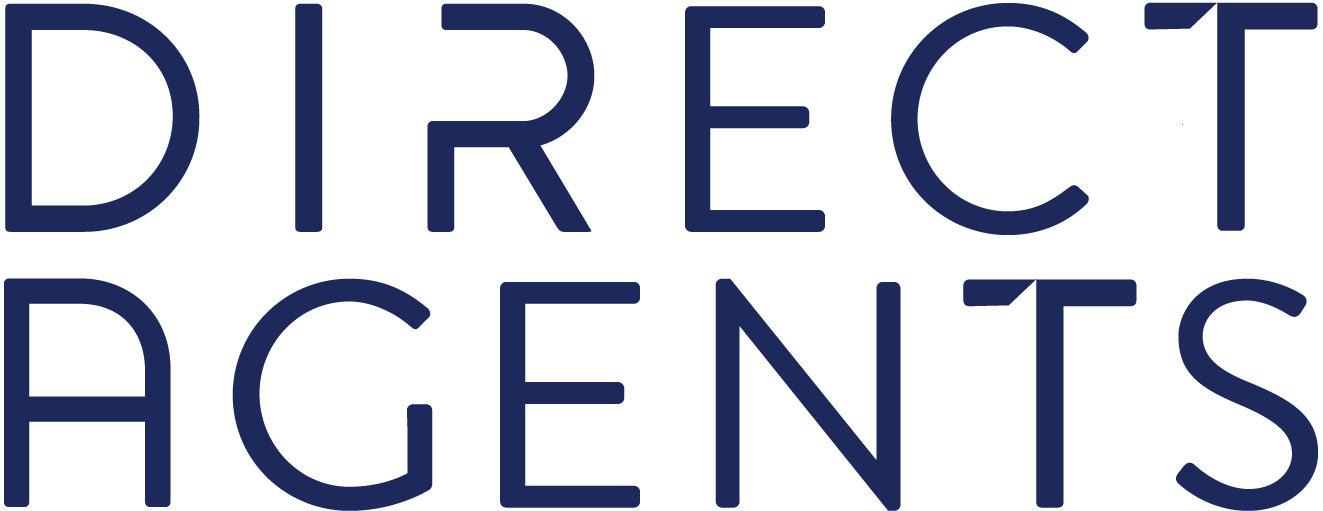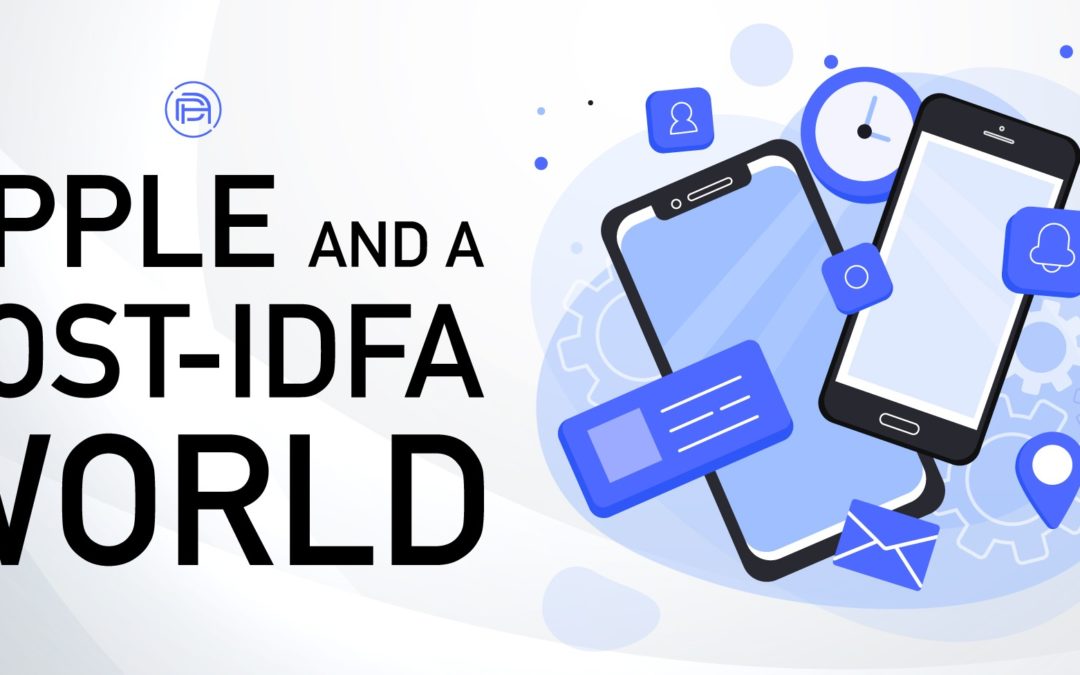At WWDC in 2020, Apple announced that in iOS 14 (releasing later this year), Identifier for Advertisers (IDFA) will essentially be reduced in its capabilities of providing user-level & device-level tracking. Within iOS 14, users will be able to “opt-in” to IDFA when they first install an app with a message displayed about tracking users across apps and websites. Given that users might not opt-in, this change would leave a gaping hole within the mobile app ecosystem & its future. In 2019, the app advertising industry consisted of an $80 billion industry along & will only continue to grow as a user’s demand shifts to mobile during the pandemic.
Based on this change from Apple, Direct Agents is anticipating a change around measurement, attribution & optimization. The IDFA is able to pass back information such as user-level & device-level data to platforms like Google & Facebook, enabling accurate attribution, retargeting, optimizations & budgetary decisions. Without such granular data, it becomes difficult to measure the success of paid campaigns & scale app campaigns which can lead to significant decreases in budgets around app investments.
In order to combat these challenges, industry players have been proposing various solutions. The most common solution is to utilize SKADNetwork, an iOS library to attribute app advertising in a privacy-safe way. Once a user has installed an app after clicking on an ad, the Apple App Store will alert the relevant ad network (such as Google or Facebook) based on last-click attribution. Although this protects the privacy of the user, it provides only aggregate data while ignoring the value of view attribution. Thus, it reduces granular data for optimization & reduces the impact of ad networks on holistic marketing.
Another option would be to entirely rethink user data accessibility by combining 1st party data (such as emails & phone numbers) with existing mobile measurement partner data of your own account (such as Kochava, Branch, etc.) to create anonymous “personas”, allowing for cross-device attribution while keeping in mind privacy concerns.
With many of these solutions in their early stages, we recommend utilizing the SKADNetwork as a starting point. While the conversation is early & evolving, Direct Agents is working alongside its advertising partners & measurement systems for a solution capable of adapting to these changes.
For a customized solution for your app advertising needs, reach out to [email protected].
— Wathmi Pathinisekara, Sr Paid Search Analyst at Direct Agents



